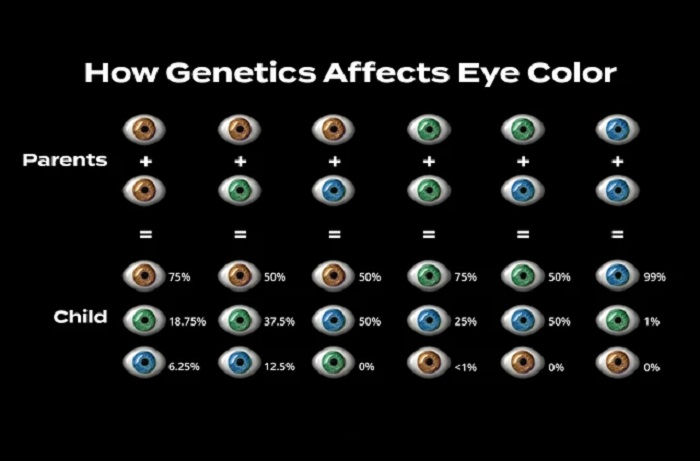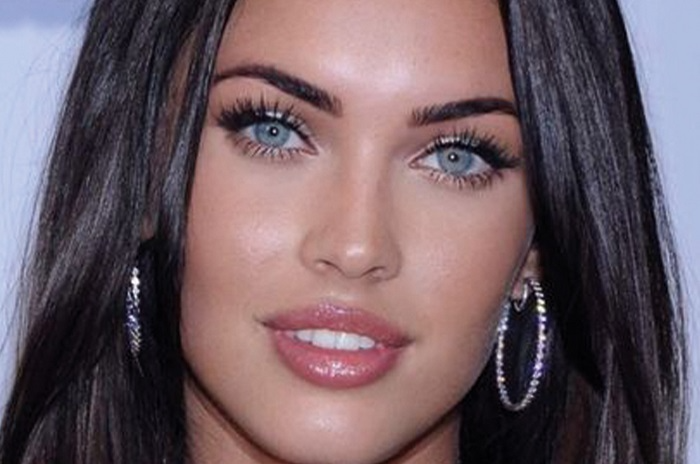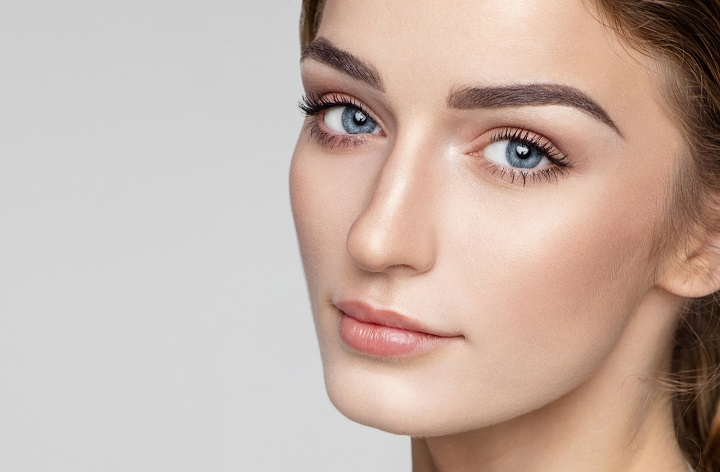Because you happen to be blue-eyed, I know you’ve asked yourself at some point or another why sunshine seems to put you at a disadvantage compared to your brown-eyed friends. Sunglasses are never the answer. Squinting is life. The question does arise at some point or another: Are blue eyes more light-sensitive?
The short answer is yes, and the why is more fascinating than most would assume. Eye structure, melanin, and genetics are involved. This article explains why blue eyes react differently to light, how to safeguard them, and what the studies reveal regarding sensitivity, quality of vision, and general long-term eye health.
The Genetics of Eye Color

How Eye Color Develops
- Eye color is established by the amount of melanin within the iris.
- More melanin = dark eyes (hazel, brown).
- Less melanin = light eyes (blue, green, gray).
Melanin not only controls color. Melanin also absorbs light. The less melanin, the less light that is absorbed and is detrimental to us. That is why blue eyes are so sensitive.
Why Blue Eyes Are Rare
Blue eyes occur in just 8–10% of the population around the world. Blue eyes are more prevalent in Europe and North America but less common in Asia and Africa. Blue eyes are caused by a genetic disorder that reduces melanin production by the iris.
Are Blue Eyes Light-Sensitive?
The Role of Melanin
Melanin is an absorber and blocker of light. Brown eyes, which contain more melanin, block light when they are healthy. Blue eyes, containing fewer molecules of melanin, let more light pass into the eye so that it can reach the retina. That creates brightness.
Daylight Sensitivity
Blue-eyed individuals will have more complaints of sun-sensitivity. They will squint more, get watery eyes, or need sunglasses on cloudy days.
Sensitivity to Artificial Light
Blue-eyed individuals are also sensitive to artificial light. Room light or computer light will also be more intrusive.
| Facility | Blue Eyes | Brown Eyes |
| Melanin in iris | Low | High |
| Filtering of light | Weaker | Stronger |
| Degree of sensitivity | Higher | Lower |
| Sun protection | Less natural protection | More natural protection |
Photophobia and Blue Eyes
Photophobia is also known as sensitivity to light. It is not a symptom or a disease. Blue-eyed individuals are likely to experience photophobia since their eyes are more transparent to light.
Few of the frequent causes are:
- Bright sunlight
- Snow glare
- Glare off water or glass
- Fluorescent lighting
- Electronic displays
Are Blue Eyes Susceptible to Eye Diseases?
Hazards That Go Along with Light Sensitivity
- Macular degeneration: Light-colored eyes are programmed to be able to withstand a bit more risk since they don’t have melanin cover-up.
- Cataracts: Ultraviolet radiation risk eyes more and blue eyes may need extra protection, perhaps.
- Eye sunburn (photokeratitis): More of a risk for blue-eyed individuals who don’t use glasses.
Myths About Blue Eyes
- Myth: Blue eyes are better in the dark. No visible advantage, studies show.
- Myth: Blue eyes are weaker. They are not weaker, they are just less light-covered.
Blue Eye Lifestyle Tips

Sunglasses Are a Must
Outside with UV-blocking sunglasses. Polarized shades reduce glare from water, snow, and glass.
Hats and Shadows
Wider brim hats protect eyes and skin. Stay shaded to reduce exposure.
Screen Protection
Blue eyes can get overused from excessive screen use. Use screen filters, adjust brightness, and use the 20-20-20 rule: look 20 feet away for 20 seconds every 20 minutes.
Annual Eye Exams
Regular examinations catch onset of easy cataracts, macular degeneration, or other issues.
| Situation | Protection Tip |
| Sunshine | Polarized UV sunglasses |
| Driving | Anti-glare lenses |
| Computer use | Blue light filters, take frequent breaks |
| Snow on the ground | Ski goggles or wraparound sunglasses |
| Daily activities | Wide-brimmed hats, drink lots of water |
Are Blue Eyes More Sensitively At All Ages?
Blue Eye Children
Young children already possess lower melanin in the eye. Sun is dazzling, and sunglasses are a necessity even for tiny kids.
Blue Eye Adults
Excess tearing in the eyes on a sunny day is the major complaint of adults. Sunglasses have become a trend.
Blue Eye Seniors
The tissues in the eye become less elastic with years passing by. Blue-eyed elderly persons need extra protection from ultraviolet rays.
Patient Stories
- Emma, 28: “I always wear sunglasses. Even on a cloudy day it’s too bright. I used to think there was something wrong with me until I discovered blue eyes are more sensitive.”
- James, 42: “I’m a skier but snow glare really bothers me. Polarized goggles fixed the problem. Now I don’t have to ski squinting all the time.”
- Linda, 61: “My blue eyes were even more sensitive to light at the time of menopause. My eye specialist told me it’s typical because aging slows tear secretion. Eye drops and sunglasses are okay with me.”
They are factual experiences attesting to blue eyes’ light sensitivity as normal and not something to be concerned about.
Science of Blue Eye Sensitivity
Iris Structure
There are two irides layers. In the blue-eyed people, there is less melanin in the anterior layer and light will then get scattered.
Scattering gives color to the eyes but also facilitates more absorption of light.
Pupil Response
It has also been suggested by research that people with lighter-colored eyes may also show a varied pupil response. The pupils can be less strict in their responses, and more light entry into the retina can be permitted.
Evolutionary Perspective
Blue eyes would have evolved in the colder and less sunny environment. Where light sensitivity was not beneficial, blue eyes would have evolved. The current world is exposed to protection and overprotection by UV.
Are Blue Eyes More Sensitive Indoors?
Yes, but not quite so cunning. Blue eyes are most susceptible to fluorescent lighting or LEDs. Indoor light levels can induce headaches or eyestrain. Warm bulbs or modifying the environmental light levels will alleviate this.
How to Salvage Blue Eyes in the Long Term
- Have eye exams every year
- Use artificial tears during dry months when light sensitivity occurs
- Wear sunglasses all year round, not only summer
- Use screens responsibly
- Anti-reflective coated prescription glasses
Blue Eyes and Light Sensitivity: Questions and Answers
Are blue eyes more light-sensitive than brown eyes?
Yes. Blue eyes have less melanin and hence are light-sensitive.
Do blue eyes need special tints?
Yes. Polarizing, UV-blocking tints protect against glare and damage.
Are blue eyes more likely to get eye disease?
They are also more prone to get cataracts and macular degeneration based on genetics and lifestyle as well.
Why do blue eyes water in sunlight?
Because there is less melanin which allows more light into the retina and overstimulates.
Is a blue-eyed child more light-sensitive?
Yes, so kids can even wear sunglasses.
Are blue eyes light-sensitive? Yes. The fact that blue eyes lack melanin can lead to issues with glare, UV radiation, and photophobia. Sensitivity is not weakness, though. Blue eyes will be fine and can make it through the next year or so without an issue with proper practice—UV protection, screen usage, check-ups every so often.
Blue eyes are elusive, beautiful, and enigmatic. Their sensitivity to light is the key to their correct maintenance.


